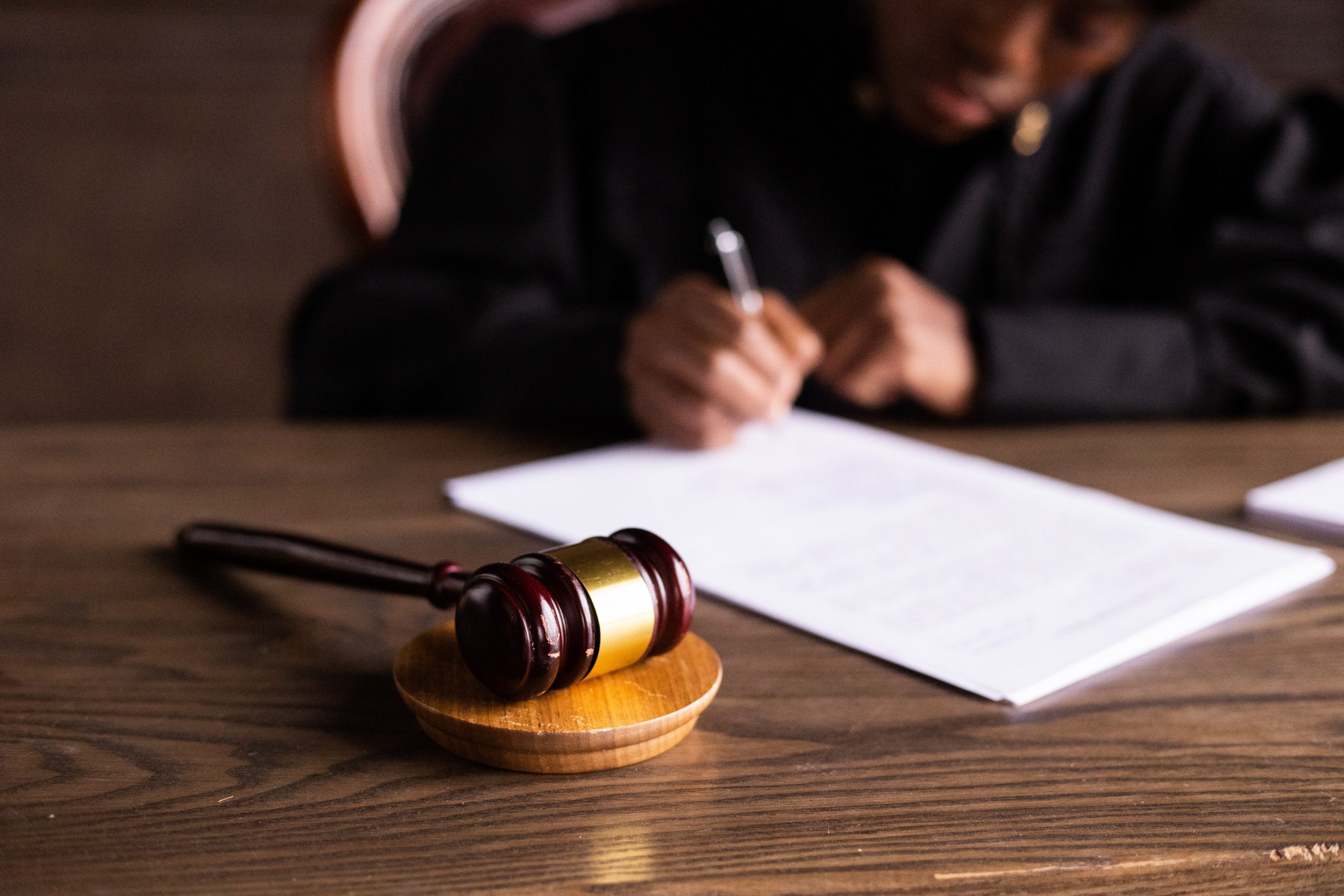
What happens when a judge dies or becomes unavailable before the entry of a judgment? A mistrial resulted, and was affirmed, in Marriage of Stone (D2d2 Jan. 24, 2022 no. B297778) 2022 WL 202815 (nonpub. opn.). The trial judge presided over the first phase of a dissolution proceeding. After the trial, the judge issued a tentative decision, held a hearing on the parties’ respective proposed statements of decision, and indicated he would consider modifying certain language. But the judge passed away before entering a final statement of decision or entering a judgment. So the presiding judge declared a mistrial.
On appeal, the appellant-wife argued the mistrial was error and the presiding judge should have entered a judgment on the trial judge’s findings in the intended decision. She had a great case on point, holding that under Code of Civil Procedure section 635, the presiding judge may enter a judgment on an unavailable trial judge’s intended decision. But ultimately the court held it was not close enough, and affirmed.
Here is the black-letter law to clip-and-save: When the trial judge becomes unavailable before the entire process contemplated in Code of Civil Procedure section 632 and California Rules of Court, rule 3.1590(b) has been completed, the parties have been deprived of a full and fair trial. (Raville v. Singh (1994) 25 Cal.App.4th 1127, 1132.)
Attempting to distinguish this proposition, the appellant made a promising argument from Leiserson v. City of San Diego (1986) 184 Cal.App.3d 41. In Leiserson, the trial judge entered an “intended decision.” The plaintiff filed objections to the intended decision. The trial judge commenced a hearing on the objections, continued the hearing, but then passed away before concluding it or entering a final statement of decision or judgment.
The presiding judge entered judgment on the intended decision pursuant to Code of Civil Procedure section 635. Section 635 permits a presiding judge to sign a judgment when “the decision of the court has been entered in its minutes, and when the judge who heard or tried the case is unavailable.” The statute “authorizes the signing of a formal judgment by the presiding judge only where (1) no statement of decision has been requested or (2) the judge who has heard the evidence has already provided the parties with a statement of decision upon their request for it.” (Armstrong v. Picquelle (1984) 157 Cal.App.3d 122, 127.)
In apparent distinction from Armstrong, the Fourth District in Leiserson allowed a judgment to be entered without a statement of decision, even though the parties had requested a statement of decision. So the appellant in Marriage of Stone urged the same result should obtain.
But the Second District distinguished Leiserson. The court reasoned that “unlike the intended decision in Leiserson, Judge Black's notice of intended decision did not “ ‘provide a complete and adequate basis for appellate review’ ” (quoting Leiserson, supra, 184 Cal.App.3d at p. 48) because there were no rulings “on the issues of child support arrears and prospective child support.” “
The Upshot: Trial judges sometimes become unavailable unexpectedly. Following a favorable bench trial decision, do not delay: move as quickly as possible to procure the final decision and judgment.